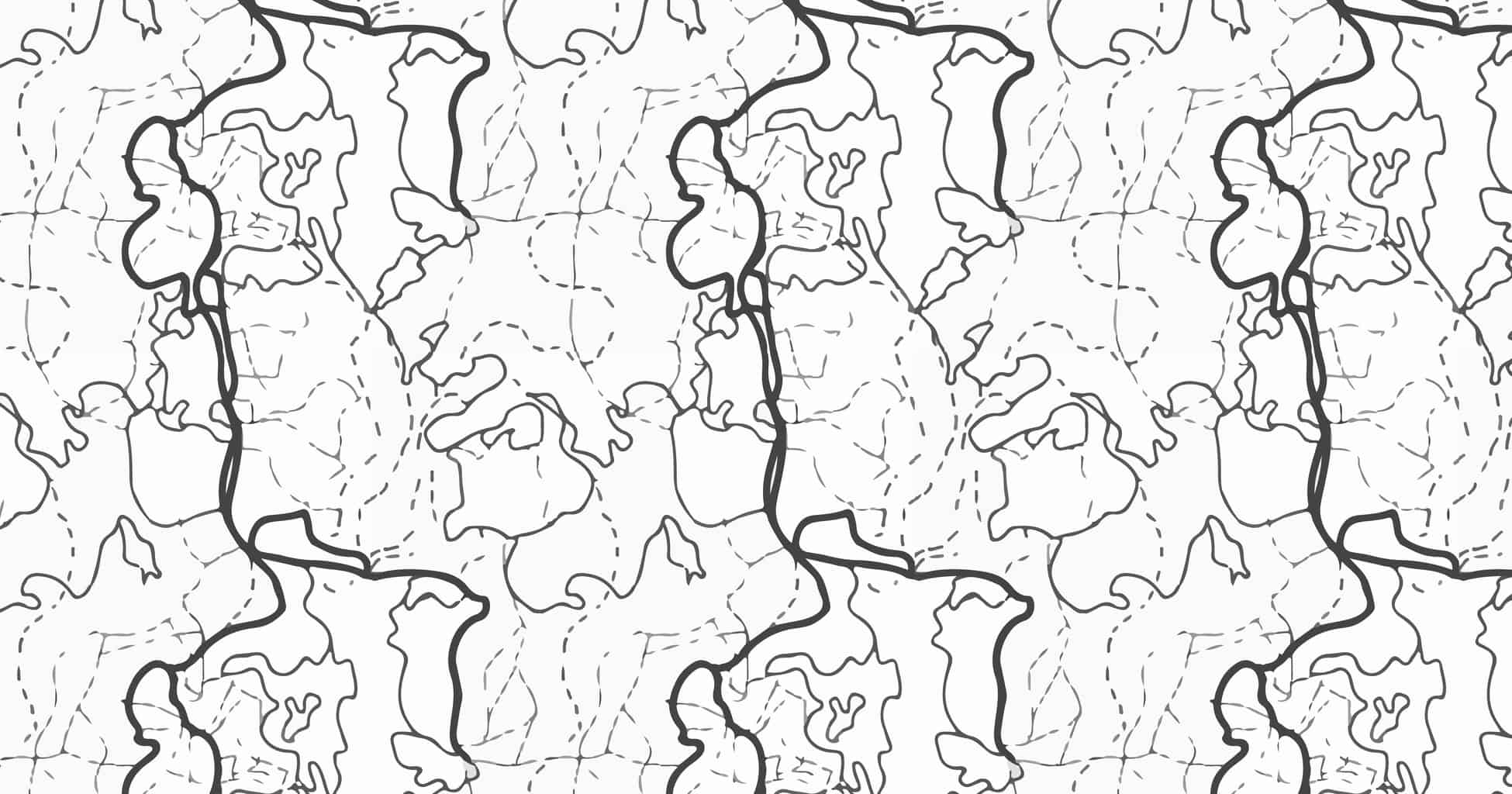Somalia
Somalia’s long-running armed conflict has been characterized by extremism, sectarian political violence, complex humanitarian crises, and piracy, and women have been disproportionately at risk of death and as targets of sexual and gender-based violence and displacement.
Based on the work of NGOWG members and their partners, the NGOWG advocates for women’s political participation, women’s meaningful and active participation in design and implementation of humanitarian responses, and strengthened mechanisms to prevent and respond to sexual and gender based violence.
Somalia
Somalia’s long-running armed conflict has been characterized by extremism, sectarian political violence, complex humanitarian crises, and piracy. Women have been disproportionately at risk of death, and as targets of sexual and gender-based violence and displacement.
Based on the work of NGOWG members and their partners, the NGOWG advocates for women’s political participation, women’s meaningful and active participation in design and implementation of humanitarian responses, and strengthened mechanisms to prevent and respond to sexual and gender based violence.
Current and Past Recommendations to the UN Security Council (Monthly Action Points)
As the Council discusses a report on the African Union Mission in Somalia (AMISOM), the Council should discuss the promotion of women’s full participation in all efforts to maintain peace and security in Somalia and inquire about efforts to promote increased representation of women at all decision-making levels in Somali institutions. Reporting should address gender as a cross-cutting issue and provide detailed analysis of the gender dynamics of the situation (S/RES/2242 (2015), OP 4), and further details regarding regular consultations with women’s civil society organizations (S/RES/2122 (2013), OP 7(a)). In the context a new government in Somalia, the Council should continue to stress the importance of embedding human rights norms, including women’s rights, throughout all institutions and policymaking processes. The Council should call upon all relevant stakeholders to take concrete action that protects women from risks of intimidation, harassment and false accusations that are used as a means to discredit their reputation. In light with recent events, the report should also provide information and analysis on the differential impact of terrorism and violent extremism on the lives of women and girls, which continues to be a significant concern, as well as steps UN entities have taken to ensure the participation and leadership of women and women’s organizations in countering terrorism and violent extremism (S/RES/2242 (2015), OP 13). Thorough gender analysis must be employed to ensure that these strategies do not put women at heightened risk, undermine or deviate focus and resources from ongoing peacebuilding efforts of local women’s groups by supporting peacebuilding work in its own right and ensure these strategies are informed by gender sensitive conflict and risk analyses that consider the risks that women and women’s rights groups face if they are expected to become either informants or counter the recruitment of male family members.
Relevant Resources






